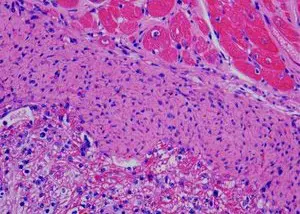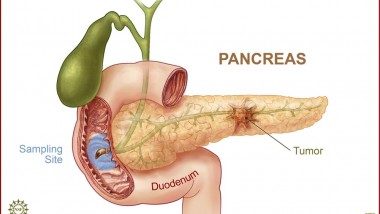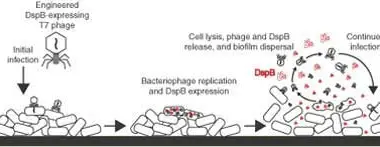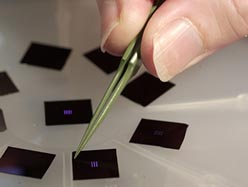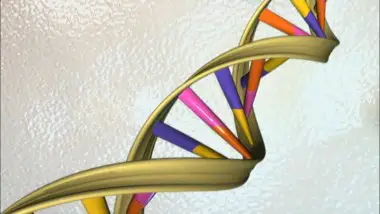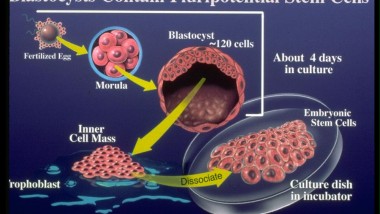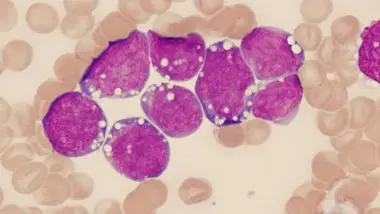Embryonic stem cells are pluripotent cells, cells that can transform and become any other cell in the body, and for this reason they can be used to heal or strengthen any human tissue. However, so far scientists have had difficulties ...
Early Detection of Pancreatic Cancer Using Light
Pancreatic cancer is one of the deadliest diseases in the US. Out of almost 38,000 people diagnosed with the disease every year there are an estimated 34,000 deaths. Pancreatic cancer is hard to detect and requires invasive procedures, which are ...
MS Patients Can Walk Faster Using Virtual Reality
Among other symptoms, Multiple Sclerosis, affects the gait of the patient. This is the result of weak muscles, sensory disorders and general fatigue, and is also caused by incoordination induced by neuronal abnormality. A new device developed by a group ...
Viruses may Defeat Bacteria
Bacterium is known to be a single cell creature. However, a mass of bacteria can create ‘biofilm’, a layer of bacteria acting together. Some bacteria must be present in biofilm in order to execute some of its features, especially pathogenesis ...
Lab on a Chip to Quickly Detect Oral Cancer
Oral cancers are hard to detect in the early stages of the disease because they’re painless or resemble a dental disease. When cancer is detected in the hospital, using sophisticated equipment, it might be too late for the patient. Because ...
Genome of a Single Man Sequenced
Craig Venter, the man who first sequenced the human genome, has now sequenced his own genome. This is the first time a single person’s genome has been sequenced. The genomic sequence can tell a lot about a person, for instance ...
Rewarding Relief
Scientists have drawn a connection between the responsiveness to placebo treatment and reward anticipation. In an article published in Nature magazine, scientists from the University of Michigan showed that volunteers who were strongly affected by a placebo treatment showed high ...
Shedding Light on Blindness
Stem cells are at the forefront of medical research and incite some of the most controversial ethical and religious debates worldwide. While regarded by many top scientists as the Holy Grail of medicine, others consider embryonic stem-cell research sacrilegious. Recent ...
Blocking the Proliferation of B-cells in Leukemia
Chronic Lymphocytic Leukemia (CLL) is a malignant disease caused by uncontrolled proliferation of B-cells, a type of white blood cells. The high proliferation rate is due to blockage of the cells’ self destruction mechanism called apoptosis, which allows the cells ...
Killing Cancer Cells Using Electrical Field
A group of scientists headed by Yoram Palti from the Technion Institute in Israel, succeeded in killing dividing cells without harming non-dividing ones using electrical charges. It turns out that an electrical field in a small enough voltage doesn’t damage ...

